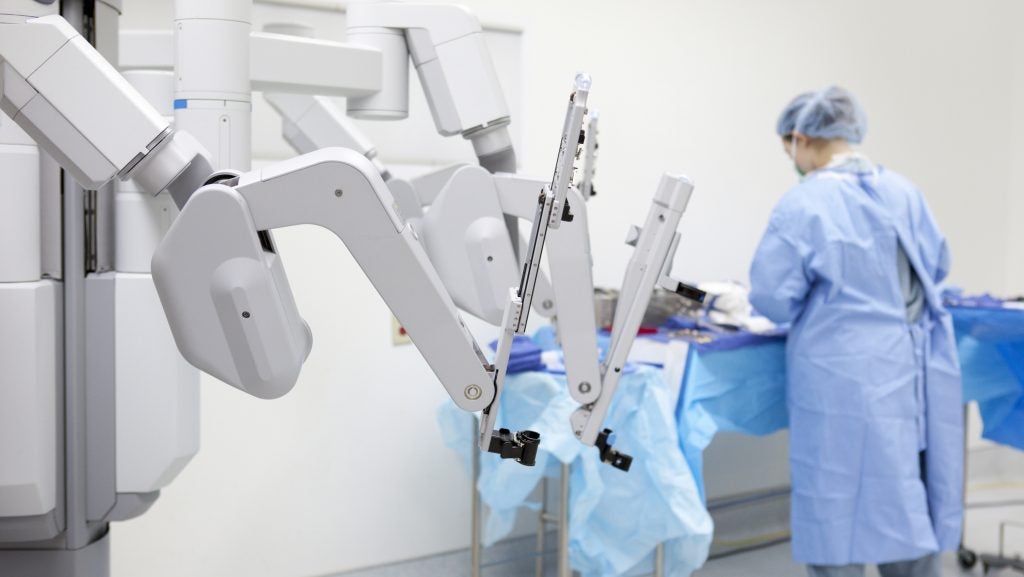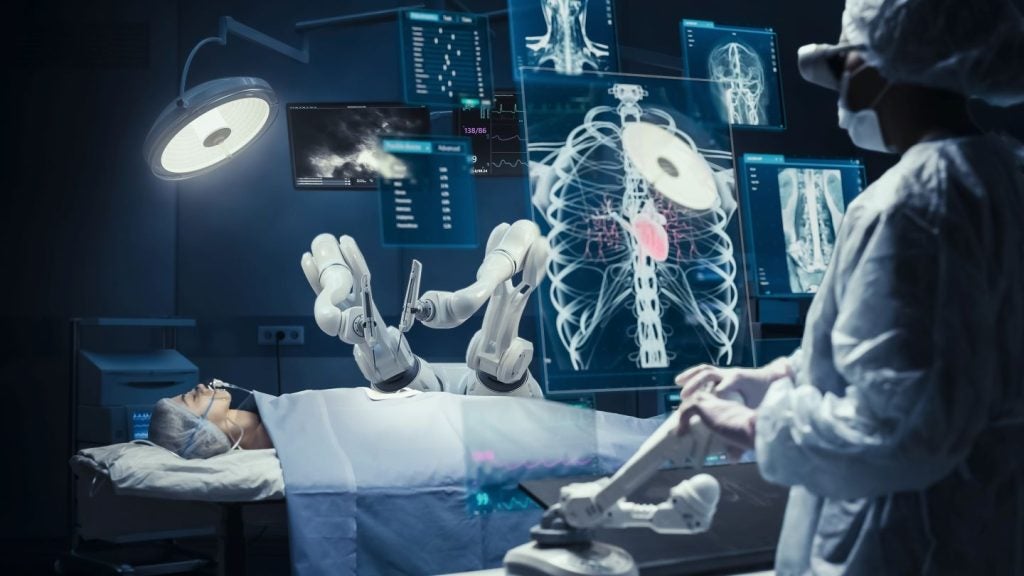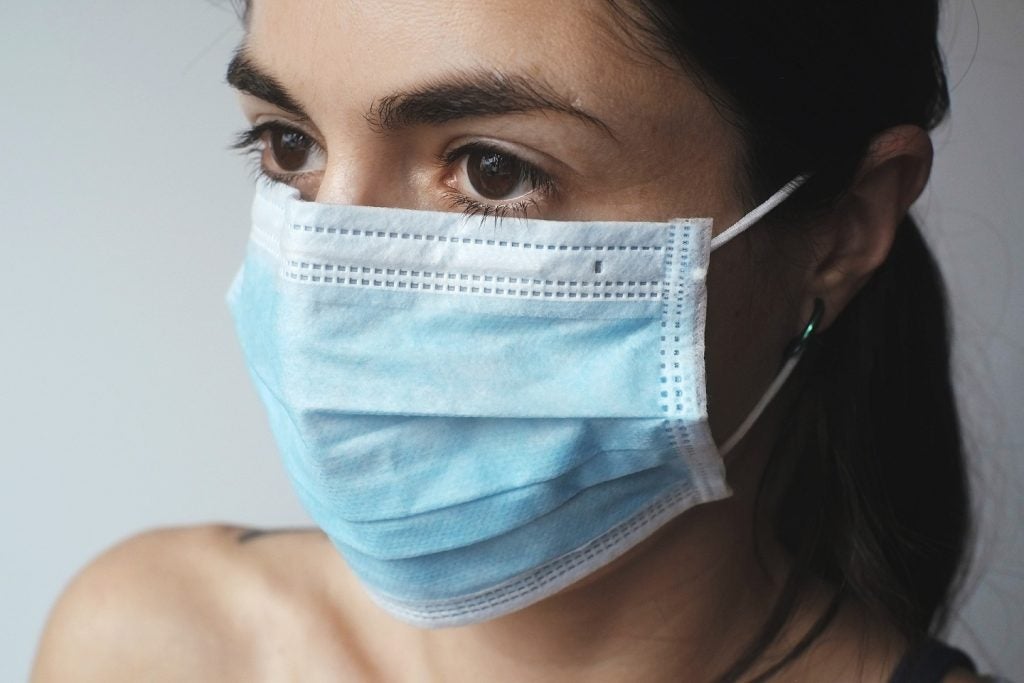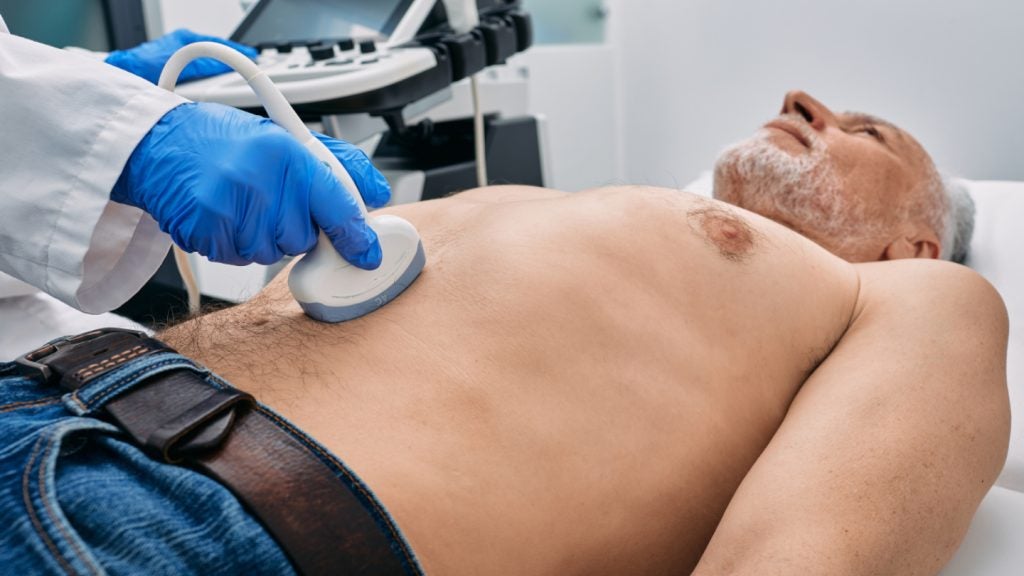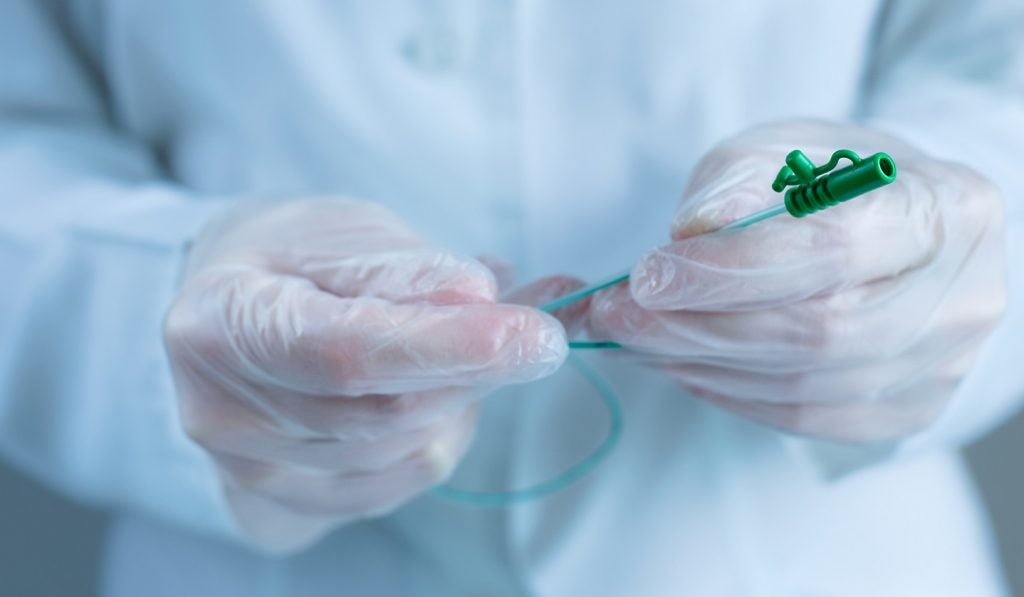Medical Microinstruments (MMI) has announced the completion of its first two clinical cases in the US using the FDA-approved Symani Surgical System.
The first two US procedures were reconstructive extremity microsurgeries conducted at Penn Medicine, Penn Presbyterian Medical Center. Surgeons performed a “free bone transfer” procedure on a patient who suffered a traumatic injury and to repair a severe knee wound using muscle and skin from the back. Both cases used robotic assistance from Symani for blood vessel reconnection.
The system facilitates microsurgery and super-microsurgery by mimicking human hand movements.
Symani has already been used nearly 1000 times in the EU, winning CE clearance, and announcing the launch and first human use in Europe in October 2020. The first four successful robotic surgeries using the system were performed in Florence, Italy.
It’s been a big year for MMI and the Symani system. In January 2024, MMI teamed up with Italian medical technology production and distribution company ab medica to expand the commercialisation of Symani across the globe. This follows on from two distribution agreements signed by the company in October 2023 – with Device Technologies and TRM Korea – covering 11 countries in the Asia Pacific (APAC) region.
In February, the company secured $110m in a Series C funding round from investors Fidelity Management & Research Company, to support the commercialisation of the system. Symani then won US Food and Drug Administration (FDA) approval for soft tissue manipulation in microsurgery, a technique involving intricate vessel reconnection to restore blood flow or redirect fluids during reconstruction or repair in April.
According to a report on GlobalData’s Medical Intelligence Center, the total surgical robotics market was worth $4.6bn in 2020 globally. By 2030, it will have grown at a compound annual growth rate (CAGR) of 8.5% to $10.3bn.
MMI’s CEO Mark Toland said: “Today marks the beginning of a new era in surgical innovation, as patients across the country with conditions that require complex microsurgical techniques, such as extremity reconstruction, autologous breast reconstruction post-cancer resection and lymphedema repair, will now have expanded access to treatment options.”


